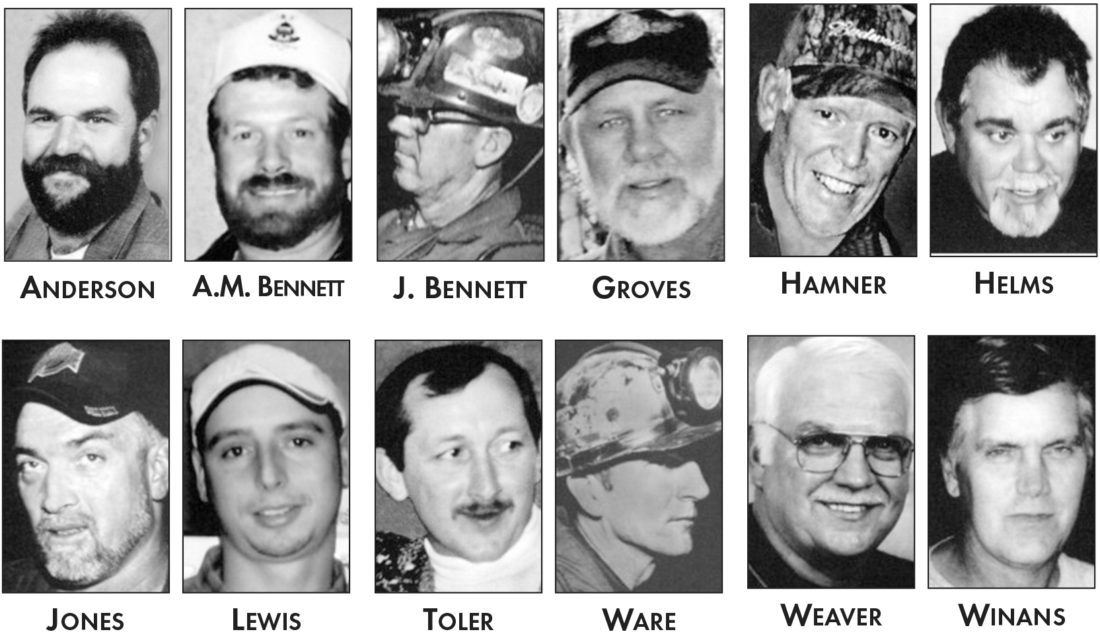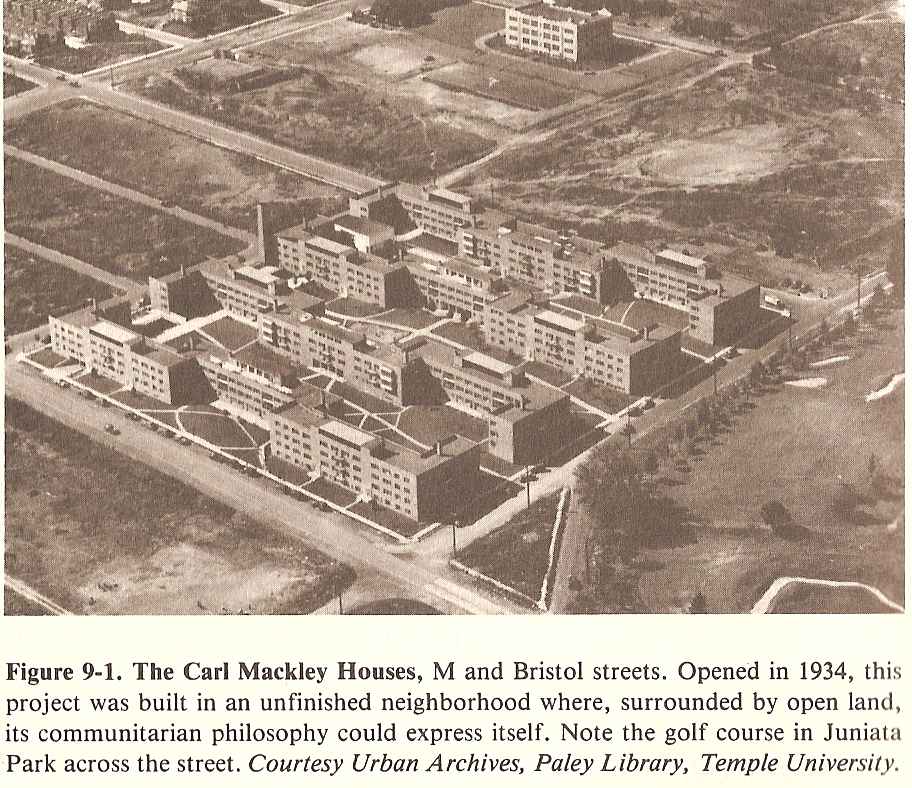
I believe the more relevant question is, who cares if an expert made money giving speeches? Are people not supposed to give paid talks?
https://twitter.com/HCTrudo/status/1345081306712068100
I'm curious how far this is supposed to go. If I ask Angela Davis to give a talk at my school, does she not have the right to be paid? Is she going to do it for free? Hell no she's not going to do it for free! Nor should she.
Does this mean Angela Davis is a sellout?
Does this mean Angela Davis is a sellout?
Or put another way. Shirley Sherrod is one of the heroes of modern governance. If she gets paid to talk about Black people and agriculture by the agricultural world, does this mean she shouldn't be again employed by the USDA because she's beholden to them?
This is not to say that influence doesn't exist. Of course it does. But it is also to say that people give talks for money. This is how the world works. If we are concerned about influence, there are all sorts of other ways that people can be influenced too.
If you want to make a case against Janet Yellen at Treasury, OK I guess (but good luck getting someone better out of Biden), but it should based on more than she got paid to work.
I guess in the end, I just don't understand why paid talks of all things is an issue that so many people get so up in arms about. There's so much greater corruption out there.
It also seems constantly targeted at women.
It also seems constantly targeted at women.
• • •
Missing some Tweet in this thread? You can try to
force a refresh







